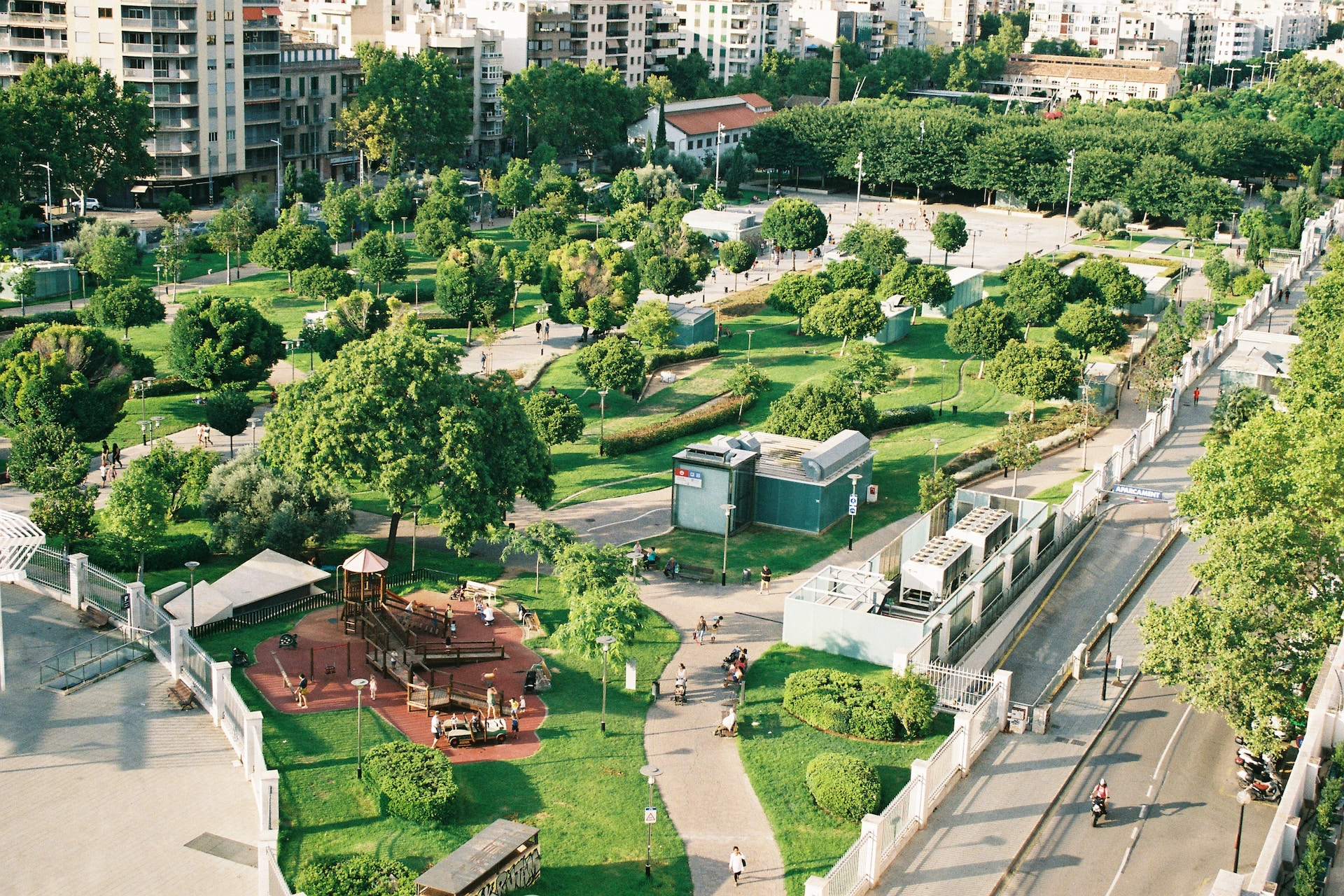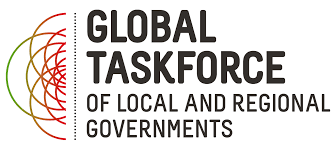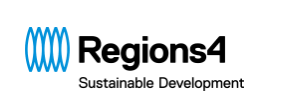Local and Regional Governments

Local and Regional Governments' role in NUA implementation
The New Urban Agenda promotes “inter-municipal cooperation on a global, regional, national, subnational and local scale”. It recognizes the leading role of national governments in defining and implementing inclusive and effective urban policies and legislation for sustainable urban development. It also recognizes the equally important contributions of subnational and local governments, civil society and other relevant stakeholders.
Local and regional governments lead territories and local communities’ development paths; they deliver essential public services and act as catalysts for transformative change. Current global crises demonstrate that action based on proximity is key to addressing emergencies and supporting long-term recovery and development. In addition, with around 70 percent of the world’s population expected to live in urban areas by 2050, city planning, development, and management are increasingly central to ensuring humanity’s well-being and sustainability.
The New Urban Agenda’s intergovernmental approach has positioned the participation of local and regional governments (LRG) at the forefront of the fulfillment of the agenda. A study from OECD also noted that more than 65 percent of the SDG targets are related to the work and mandate of LRGs, while the entire international community is gradually recognizing the importance of localization and prioritizing support to local action to accelerate progress towards the achievement of the Global Goals by 2030. Therefore, the implementation of the NUA contributes to the implementation and localization of the 2030 Agenda in an integrated manner.
The High-Level Meeting on the New Urban Agenda and the World Assembly of Local and Regional Governments, held back-to-back in April 2022 highlighted (i) the need for institutionalized mechanisms that engage local and regional governments in global agendas and (ii) recognized the crucial role that municipal plans and measures have had in responding to the Covid-19 health emergency.
SDG Localization and the implementation of NUA
SDG localization is the process of transforming the SDGs into reality at the local level, in coherence with the national frameworks and in line with communities’ priorities. It means placing territories and communities at the center of sustainable development - a two-way process where the local meets the national and the global, and vice-versa. To be successful, localization needs to be anchored on the principles of inclusion, partnership, and multilevel governance. In this sense, the New Urban Agenda represents the action-oriented framework to achieve the SDGs at the local level.
Among other tools, Voluntary Local Reviews (VLRs) are gaining increasing importance as the main instruments for LRGs to report on their SDG progress to national governments and the United Nations.
The global movement of VLRs is increasing exponentially. VLRs are seen as an effective tool for monitoring and reporting progress at the subnational level, and the perfect entry point for long-term strategies. At the same time, VLRs also represent a testament to the political will to contribute to systemic changes that need to be triggered to leave no one and no place behind, for bottom-up transformation, and an inspiration to also monitor processes of the NUA.
VLRs carried out by local and regional governments informed 5 Regional Reports on the implementation of the NUA which complemented the national reviews in the preparation of the 2022 Quadrennial Report. LRGs comprehensively commit to the guidelines of the NUA and Agenda 2030 when conducting local analyses and reviews. For example, Amman 2022 VLR considers the NUA as an integrated element of the SDGs localization framework. Rio de Janeiro and Los Angeles 2022
VLRs highlight the importance of the New Urban Agenda as an accelerator of the SDGs and they also report on the progress made by the municipalities in regard to the implementation of NUA’s strategies.
Learn more about VLRs and access guidelines for reporting.
SDG Cities aims to support 1000 cities accelerate their achievement of SDGs, and positively impact on 1 billion lives, by offering a systematic way to support cities becoming sustainable and resilient. The global initiative does this by connecting data to inclusive, evidence-based strategic planning, to high impact project development and financing, and measuring impact. It accompanies this process through diagnosing and strengthening local institutional capacity and systems in key areas of data management, governance, planning, financing, and service delivery, as foundations for urban transformation.
Local leaders around the world face common challenges but the particularities of each region and territory ask for different approaches to guarantee a safe environment for all. For this reason, Local Government Associations (LGAs) play a key role in providing reliable and timely information to their members, supporting collaboration in service provision, generating awareness and promoting advocacy by liaising local leaders with regional and national authorities.
The Global Task Force of Local and Regional Governments together with UN-Habitat coordinates the work of the United Nations Advisory Committee of Local and Regional Authorities and was a central component of the 2022 High-Level Meeting on the review and follow-up of the New Urban Agenda.











